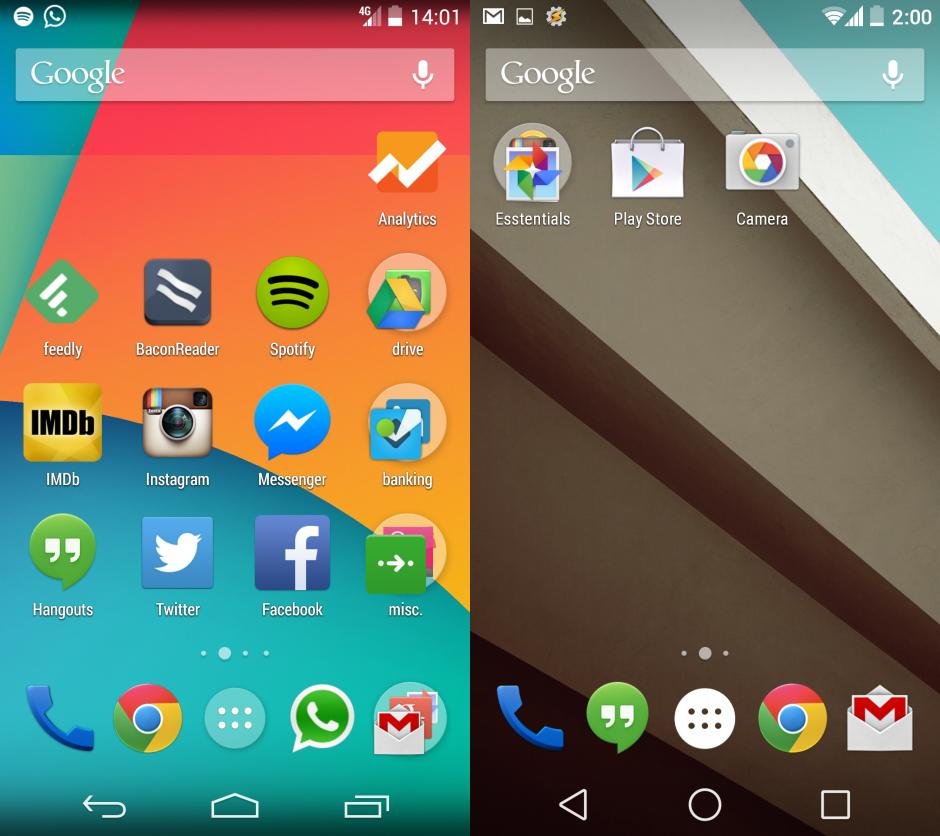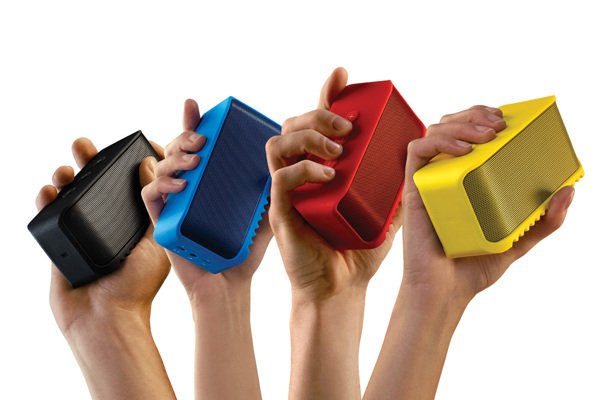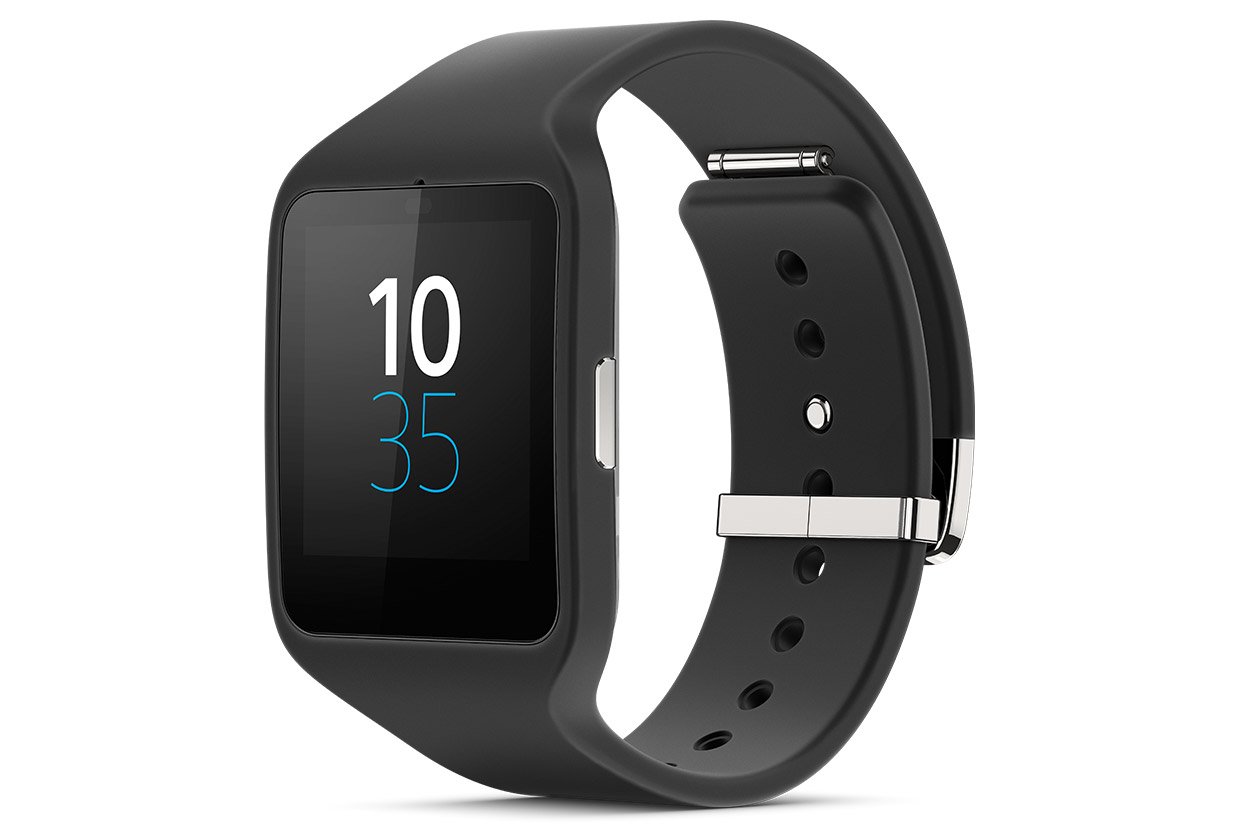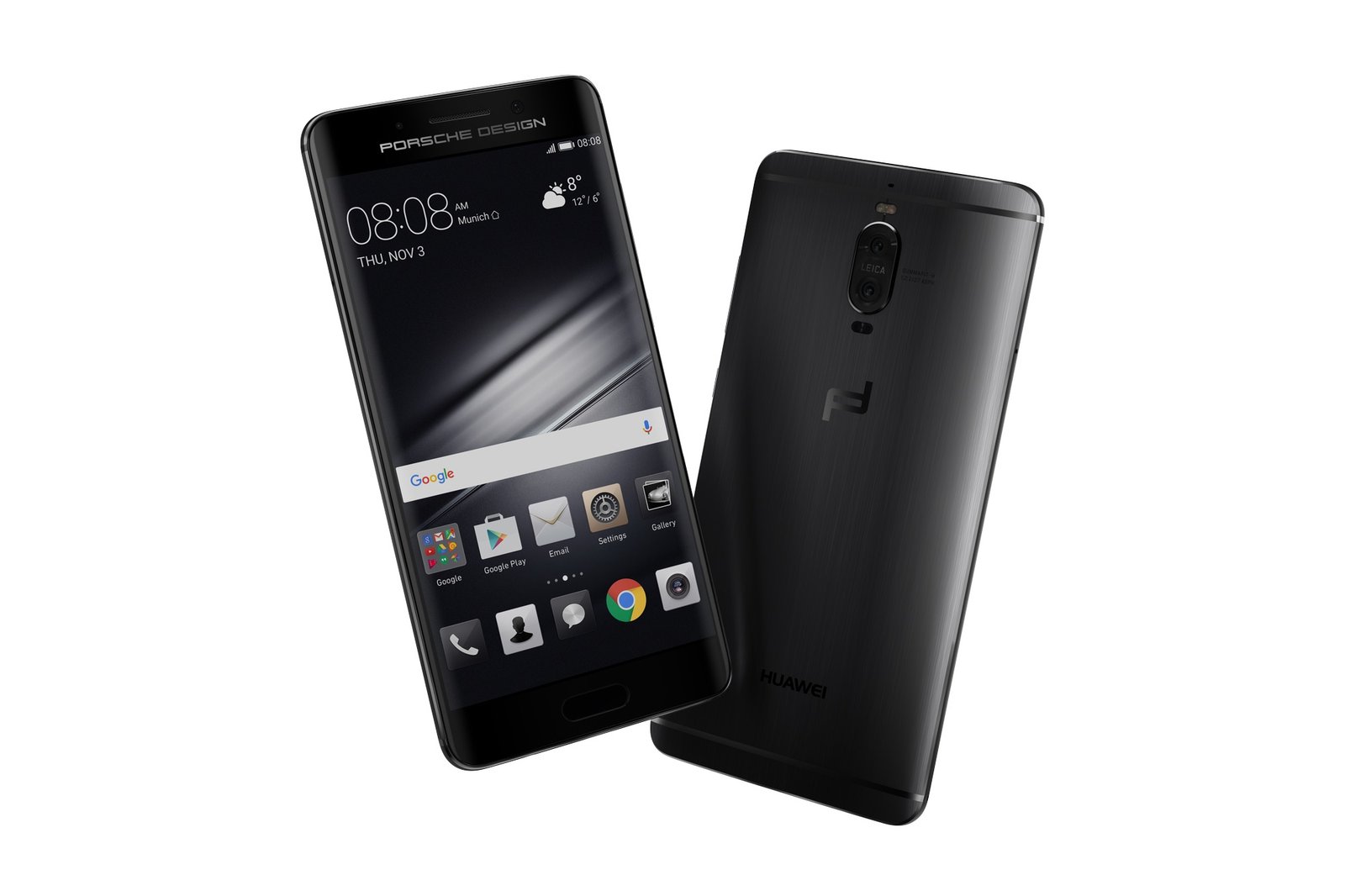Samsung Electronics Co., kicking off Mobile World Congress with the first significant product rollout, announced early Sunday the release of its Samsung Gear 2 smartwatch, running on a Samsung-backed operating system called Tizen.
The smartwatch represents a delicate balance the mobile-device maker has had to weigh, as it promotes Tizen—its nascent homegrown operating system—at the same time it continues to rely on Google Inc.’s Android operating system to power its best-selling products, including its smartphone line.
Samsung said its new smartwatch—the successor to a previous watch that the South Korean company released last September, powered by the Android operating system—will come in two models, including a lower-priced version with no camera function. In a statement, J.K. Shin, the head of Samsung’s mobile communications business, said that the device was part of the company’s efforts to “lead innovation in the wearable market.”
Samsung’s decision to build the new release on Tizen, an operating system it is developing with Intel Corp. and a handful of telecommunications companies, including Japan’s NTT DoCoMo Inc. and France’s Orange SA, underscores its commitment to the new operating system, even as it continues to cooperate with Google, using its Android operating system to power most of its best-selling devices.
Samsung and its Tizen partners have said, in recent months, they would release a smartphone running Tizen, though, so far, Tizen has only appeared commercially on some of Samsung’s cameras. Samsung and its Tizen partners are slated to make a set of announcements here on Sunday, which could include more Tizen devices.
Google and Samsung have both benefited from their partnership with Android, and they continue to rely heavily on one another. Samsung has used Android software as a selling point for its devices, helping the Korean company dominate global smartphone sales.
Meanwhile, Samsung has struggled with a series of setbacks with Tizen, including several delays of product launches and the exit of some of its carrier partners. Samsung, in a statement, said the company “has a commitment to support multiple platforms to offer consumers more choices and we will continue to collaborate closely with Google.” Google didn’t reply to requests for comment.
In its statement, Samsung said that the second generation of its smartwatch would help it better “reflect modern trends,” moving the camera—previously embedded in the watch strap—onto the main body of the wristwatch. The watch will feature a slightly faster processor and a more powerful battery that Samsung says will allow for two to three days of typical usage.








